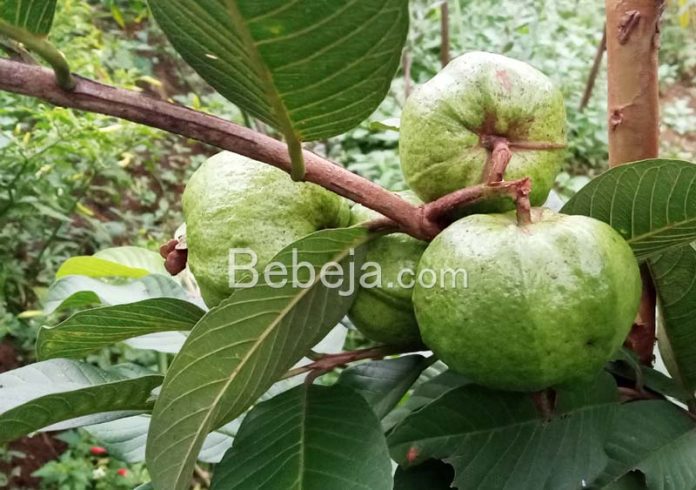Paclobutrazol is a chemical compound frequently utilized by planters to advance flowering in several fruit plants like mango, longan, and durian.
By inhibiting growth, paclobutrazol prompts earlier flowering in these plants. This growth retardant suppresses gibberellin biosynthesis and thereby stimulates plants to flower sooner than they naturally would. The application of paclobutrazol leads to a reduction in vegetative plant growth, which in turn promotes generative growth, specifically flowering and fruiting.
However, it is important to ensure plant health for successful paclobutrazol application. This can be achieved by providing the necessary nutrients to the plant through fertilization, taking into consideration the specific growth phase of the plant. This fertigation method has been implemented since the post-harvest period of the previous season.
After harvest, promptly prune the branches and water sprouts. Then, perform routine fertilization by applying 3-4 kg of NPK 15:15:15 or NPK 16:16:16 compound fertilizer to each tree. Paclobutrazol should be applied four months before the anticipated harvest at 25% concentration. The application should be administered by spraying the lower surface of the leaves.
In conjunction with the paclobutrazol application, KNO3 fertilizer should be sprayed on the leaves every 20 days. Improving fruit quality requires careful application of paclobutrazol, which can advance the harvest period by 10-16 days.
However, its use must be judicious, as an annual application may damage the plant. Additionally, paclobutrazol residue remains on the plant for up to two years, requiring a minimum application time interval of 2 years.
